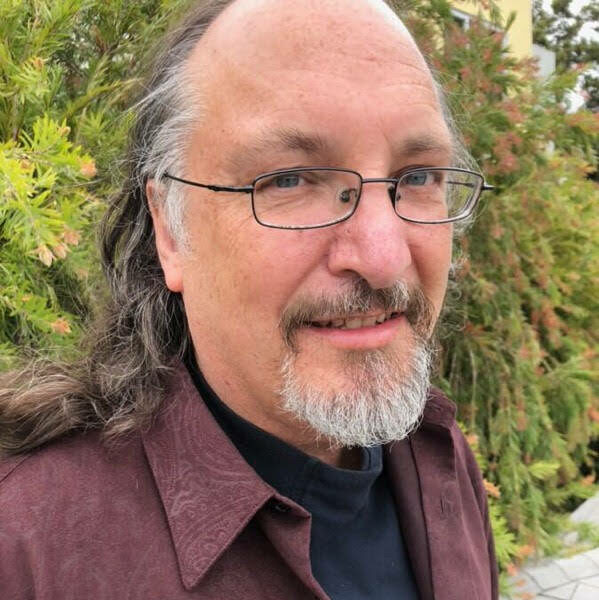Living your life as an Autistic person, I sometimes feel out of place. Autistic people are only 1.5% of the population. We are not the only ones out of place, POC in a White dominated society, being LGBTQ+ in a straight world, also feel out of place.
The isolation of Autism has a biological tinge to it. There are studies that show that Autistic people make a poor first impression. This comes from differences in non-verbal communication: poor eye-contact, unusual body movements. Someone once told me that they can tell that there was something wrong with me because of the way I stand, rocking back and forth. Another person said that my rocking makes them think that they are making me nervous and that they want to get away from me.
Whenever I have the urge to leave my house, I look at that door and this uneasy feeling starts growing in my stomach. My heart beats fast and my breath grows shorter and faster and I ask myself ‘Why do I even bother, this is so unpleasant. Maybe I would be better off dead if it is always going to be like this’
I force myself to go out, and now I am amongst them – people. Why are they looking at me? What do they see? What are they thinking, it must be bad. Oh Shit! The horror, someone wants to talk to me. What am I going to say? What do they want me to say? Oh no, my brain has frozen up again and I can’t think, my mind is blank, and the other person is staring at me.
Why do I even bother?
Imagine that you are at a party, and above everyone’s head is a light bulb, and that light bulb changes color and brightness according to how that person is feeling. Everyone can see each other’s light bulb, but I cannot, and other people can’t see mine. I am blind. These emotional codes are the way people connect, and connecting with other people is a leading factor in predicting happiness.
It is no wonder that the rates of suicide and depression are significantly higher in the Autistic community when we are blind to the ways of connection.
From the Buddha’s sermon on Anatta:
“Bhikkhus, consciousness is not self. Were consciousness self, then this consciousness would not lead to affliction, and one could have it of consciousness: ‘Let my consciousness be thus, let my consciousness be not thus.’ And since consciousness is not-self, so it leads to affliction, and none can have it of consciousness: ‘Let my consciousness be thus, let my consciousness be not thus.'”
What does this mean? All my worries about what people think when I go out there is a creation of our verbally constructed self. A self created out of stories and opinions and comparisons. But this is not who we are. We are just a consciousness experiencing this present moment, and our worth as a person is inherent, not dependent on outside judgements or validation.
So now what is my thinking when that person is staring at me waiting for me to say something – It doesn’t matter, everything is OK.
 |
Pete Grella is a Los Angeles based Meditation Facilitator empowered by InsightLA. He has been meditating and studying secular Buddhism for the past decade. He’s attended numerous meditation retreats and workshops on Authentic Relating, communication, and skillful intimacy. Pete is diagnosed with Autism Spectrum Disorder and, after experiencing his own transformation using the tools of Buddhist Meditation, is an avid proponent of meditation as a resource for adults on the spectrum. He has a degree in Applied Mathematics from UCLA. Pete hosts InTune: A Neurodiverse Affinity Group online from 7:00pm – 8:30pm PT every 1st & 3rd Monday. |
Want more posts like this delivered weekly to your inbox?
Subscribe to our newsletter for weekly blog posts, inspiration, classes and much more!
